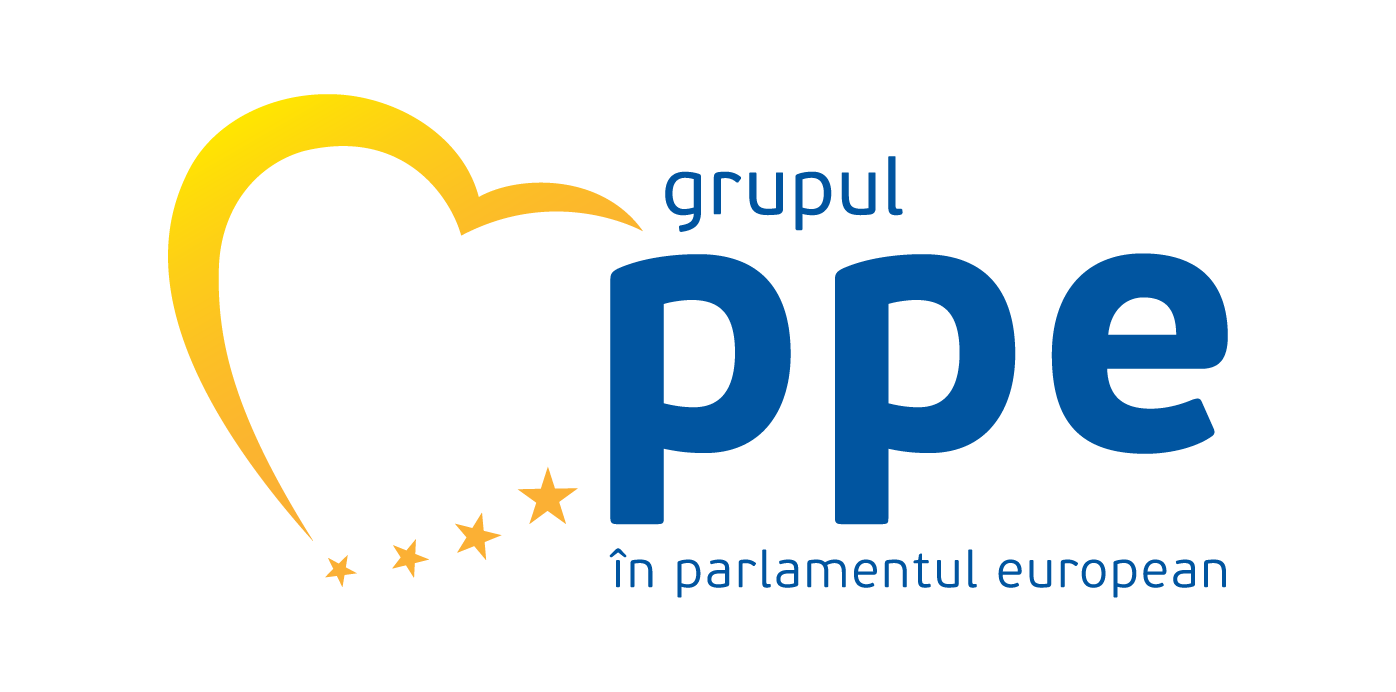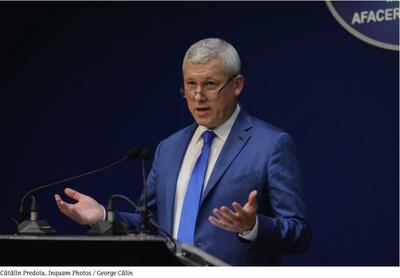
ITRE Chair Cristian Bușoi and other EP call on the European Commission to make sure that the Plastic Single-Use Guidelines are consistent and fully aligned with the Directive’s objectives
Together with 32 colleagues from the European Parliament belonging to four European Political Groups, EPP MEP Cristian Busoi signed a joint letter addressed to Ursula von der Leyen, President of the European Commission, Frans Timmermans, Executive Vice President European Commission in charge of the European Green Deal, Virginijus Sinkevičius, Commissioner for Environment, Oceans and Fisheries, and Thierry Breton, Commissioner for Internal Market, expressing their concerns about the long-waited Guidelines meant to support the Member States for effective implementation of the Single Used Plastic Directive (EU) 2019/904, according to a press release.
The latest version of the Guidelines, shared with the Member States, shows a tendency on Commission’s side to widen the Guidelines’ scope compared to the Directive text. The signatory MEPs strongly believe that such an approach will create more problems for the Member States and the industries concerned than serving the public better.
Based on the conclusions of the recent study conducted by Ramboll , comparing single-use, paper-based food and drink packaging used in European quick-service restaurants, to reusable tableware made by plastic, crockery, glass and metal, 33 mebers of the European Parliament call on the European Commission to pay particular attention to an essential conclusion of this study confirming that single-use paper packaging in quick service restaurants is better for the environment than reusable tableware.
The arguments presented in the letter are overwhelming: multiple-use tableware has 177% more negative impact on climate change, consumes 267% more water and 237% more fossil fuels, and generates 137% more fine particulate matter. Additionally, but equally important: paper single-use dishes are sourced and manufactured in Europe, opposite to plastic, ceramic or glass dishes that are sourced and/or manufacture out of Europe, mainly in Asia and China; paper/board containers are coming from EU sustainable forests; paper fibres can be re-used up to seven times for paper or board production; the disposable paper has a recycling rate as high as 85.6% in Europe.
The members of the European Parliament consider strange that the European Commission assimilates these materials with plastic waste, despite these facts and the reality that paper disposable is in 55th place of the list of products found on beaches and account for only 0.27% of the marine litter examined.
“According to the latest version of the Draft Guidelines, shared with the Member States, a polymeric layer measuring just a couple of microns is considered a main structural component of the final product. This goes way beyond rationality and scientific arguments. It also ignores the human health factor. Single-use paper dishes and packaging offer the best protection for food, prevent cross-contamination, and pay an important role in preventing the spread of COVID-19, which the European Environment Agency also recognizes. Therefore, together with my colleagues, we call on the Commission to reconsider the Guidance interpretation, including the single-use paper products within the Directive scope”, declared Cristian Busoi, Chair of ITRE Committee.
Sursa: caleaeuropeana.ro






